Immunology
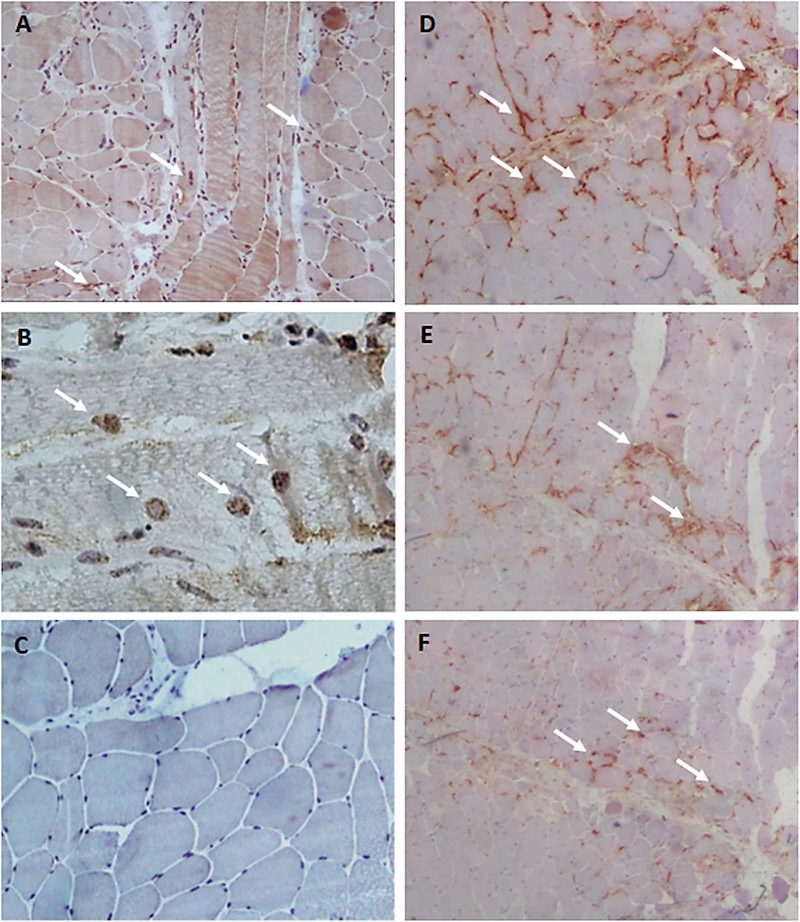
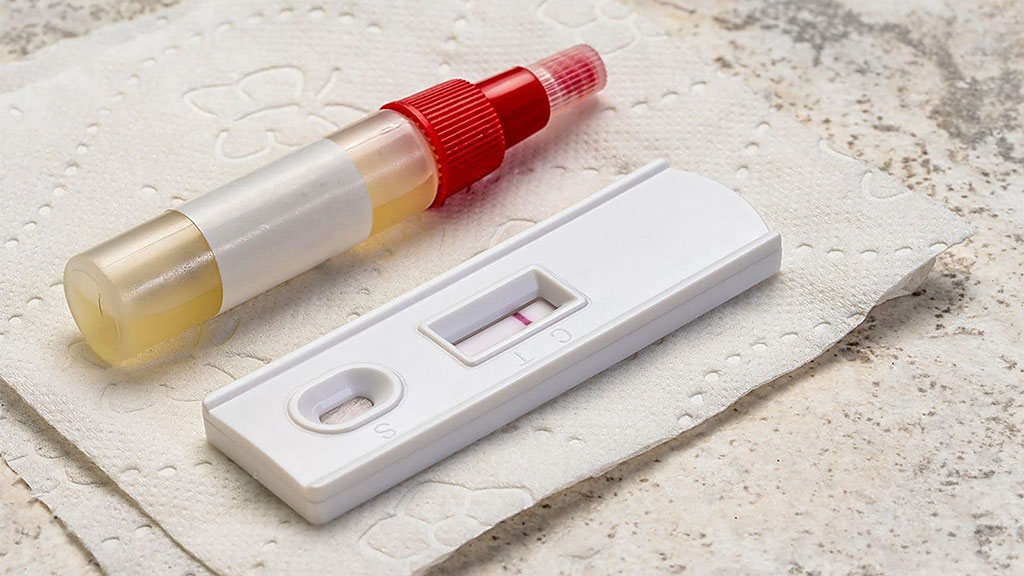
Multitarget Fecal Immunochemical Test Validated for Colorectal Cancer
Colorectal cancer (CRC) starts in the colon or the rectum. These cancers can also be called colon cancer or rectal cancer, depending on where they start. Colon cancer and rectal cancer are often grouped together because they have many features in common. More...08 Aug 2021
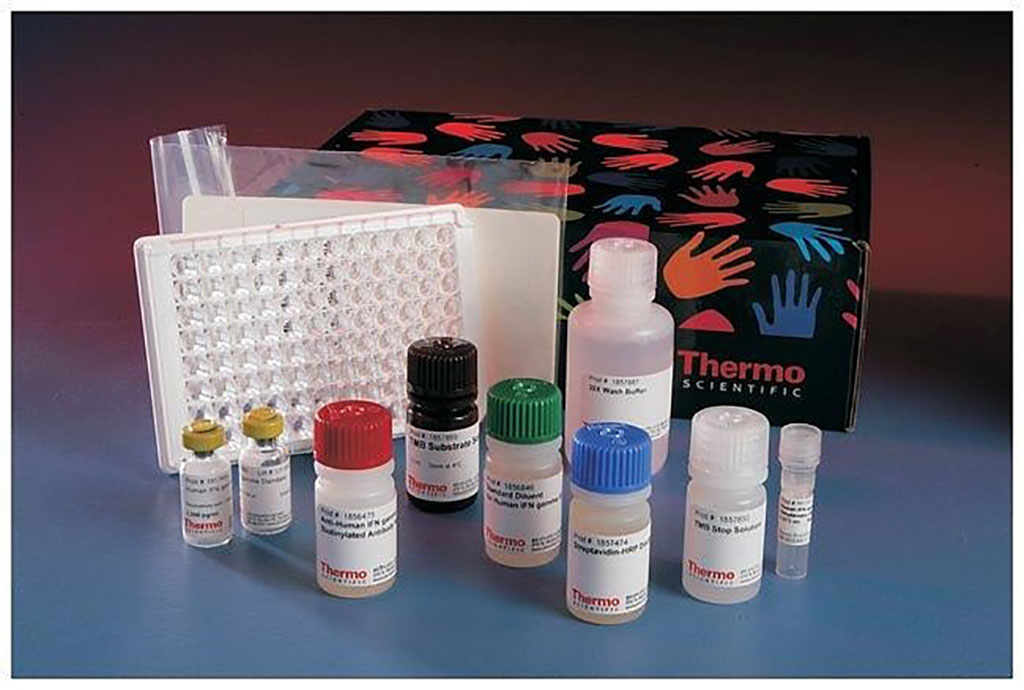
Urinary Epidermal Growth Factor Investigated for Diabetes Nephropathy
Type 1 diabetes mellitus is an auto-immune metabolic disease with chronic hyperglycemia. For many patients with type 1 diabetes (T1DM), it is challenging to maintain near-normal glucose blood levels and to reduce the risk of both acute (hypoglycemia, ketoacidosis) and chronic microvascular (retinopathy, neuropathy and nephropathy) and macrovascular complications. More...06 Aug 2021
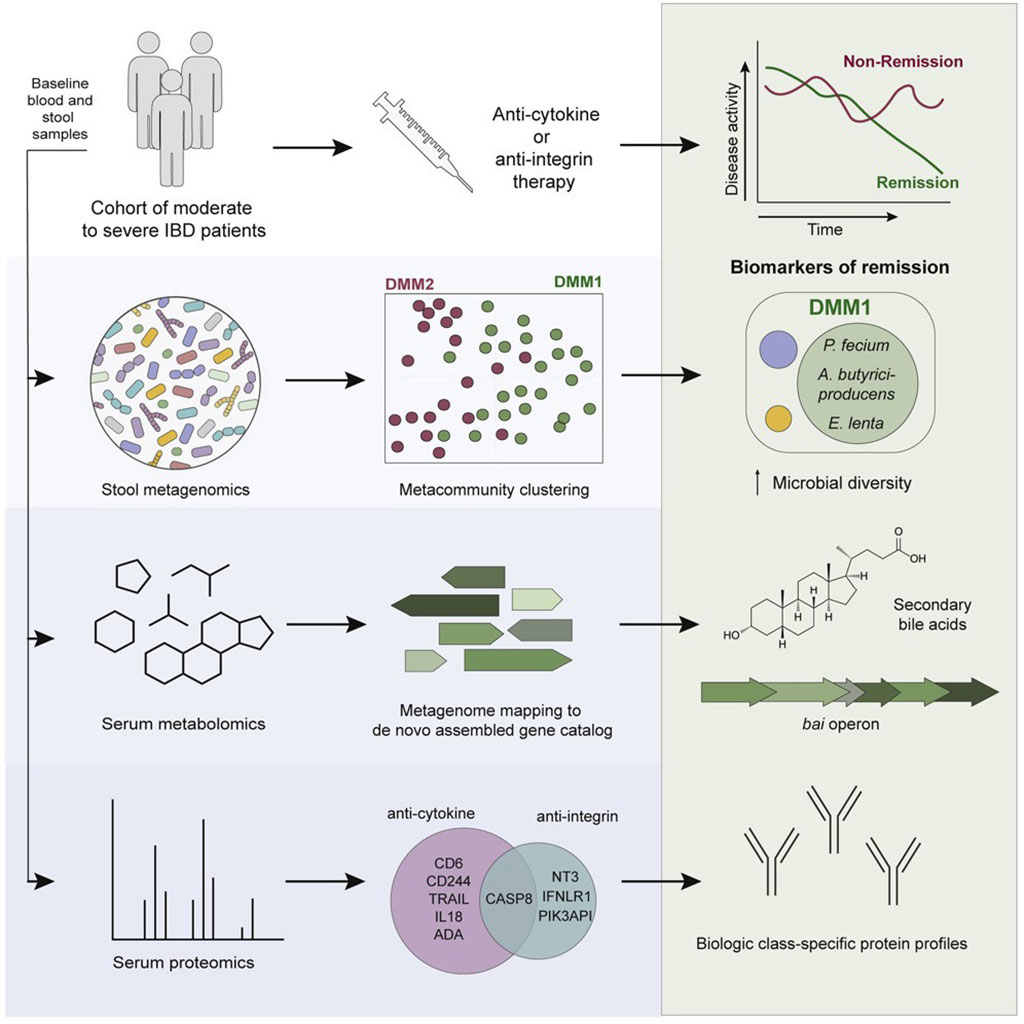
ALDOA and FH4 Antibodies Associated with Cerebrovascular Disease
Ischemic stroke, including transient ischemic attack (TIA) and cerebral infarction (CI), is the most globally recognized cerebrovascular disorder, and is a serious health problem in the aging society. CI is an episode of neurological dysfunction caused by focal brain infarction, often resulting in fatality and disability. Patients with TIA are at a high risk of CI. More...28 Jul 2021
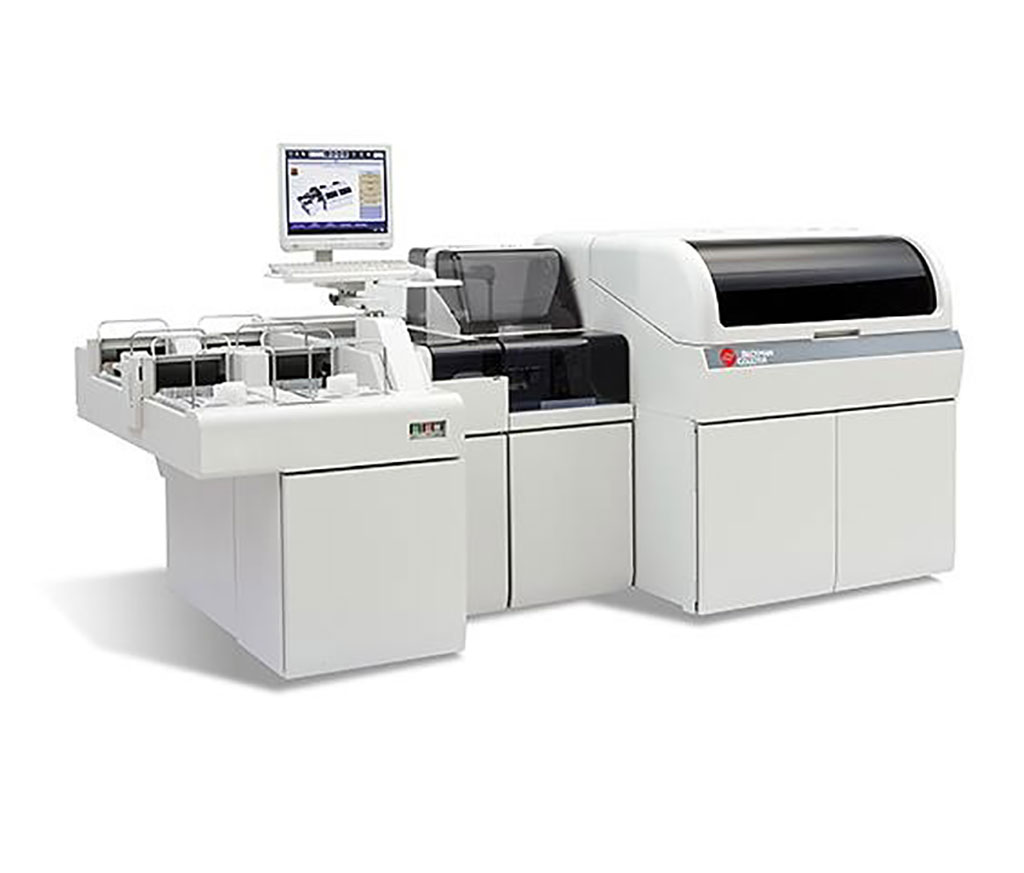
Differential Biochemical Markers Identified in Inflammatory Processed Synovial Fluid
Joint infections with a non-specific presentation are difficult to diagnose, mainly due to the absence of specific clinical signs and symptoms, relative lack of accurate laboratory tests, low virulence due to previous treatment, and biofilm ability of the pathogens. More...28 Jul 2021
Diagnostic Biomarker MMP-13 Explored for Cutaneous Squamous Cell Carcinoma
Cutaneous basal cell carcinoma (cBCC) and cutaneous squamous cell carcinoma (cSCC) account for approximately 80% and 20% of non-melanoma skin cancer (NMSC), respectively Although the majority of cSCCs are successfully eradicated by surgical excision, a subset of cSCC possesses features associated with a higher likelihood of recurrence, metastasis, and death. More...27 Jul 2021
In Other News
T-Cell CD27 Expression Assessed for Smear-Negative Tuberculosis
Immunoassays Compared for Serum HE4 Estimation for Ovarian Cancer
Rotavirus Co-Infection with Diarrheagenic Pathogens Detected by Different Methods
Automated Immunoassays Evaluated for Immune Response to SARS-CoV-2
Two Inflammatory Proteins Linked with Slower Cognitive Decline
FABP4 Concentrations Quantified in Proliferative Diabetic Retinopathy
Two Immunoassays Compared for Determination of Serum Vitamin D
Biological Markers Associated with Severe Dengue Identified
Anti-Ganglioside Antibodies Analyzed in Celiac Disease
Biomarker Predicts Crohn's Disease Relapse in Children
Serum Leptin Concentration Predict Cardiovascular Outcomes in Hemodialysis Patients
Novel Dengue Virus IgG Rapid Diagnostic Test Evaluated
Rapid Diagnostic Tests Evaluated for Chronic Chagas Disease Patients
Gestational Diabetes May Predict Autoimmune Diabetes Risk
Serum Biomarkers Differentiates COVID-19 From Classic Cytokine Storm Syndromes
PF4 Immunoassays Investigated in Vaccine-Induced Thrombotic Thrombocytopenia
Cryptococcal Antigen Screening Evaluated Among People Living with HIV
Leptospira IgM ELISA Evaluated Among Outpatients in Southern Asia
Innate Lymphoid Cells Analyzed at the Maternal-Fetal Interface
Non‐Invasive Urine Markers Differentiate Renal Cancer from Oncocytoma
Plasma-Based S100B Testing for Management of Traumatic Brain Injury
Human Microbiota Flagellins Drive Adaptive Immune Responses in Crohn’s Disease
Potential Immune Markers Found for Active Tuberculosis
The Immunology channel of LabMedica deals with diagnostic techniques and immuonassays such as ELISA, pregnancy tests, immunoblotting, immunohistochemical staining, serology, and associated hardware.










